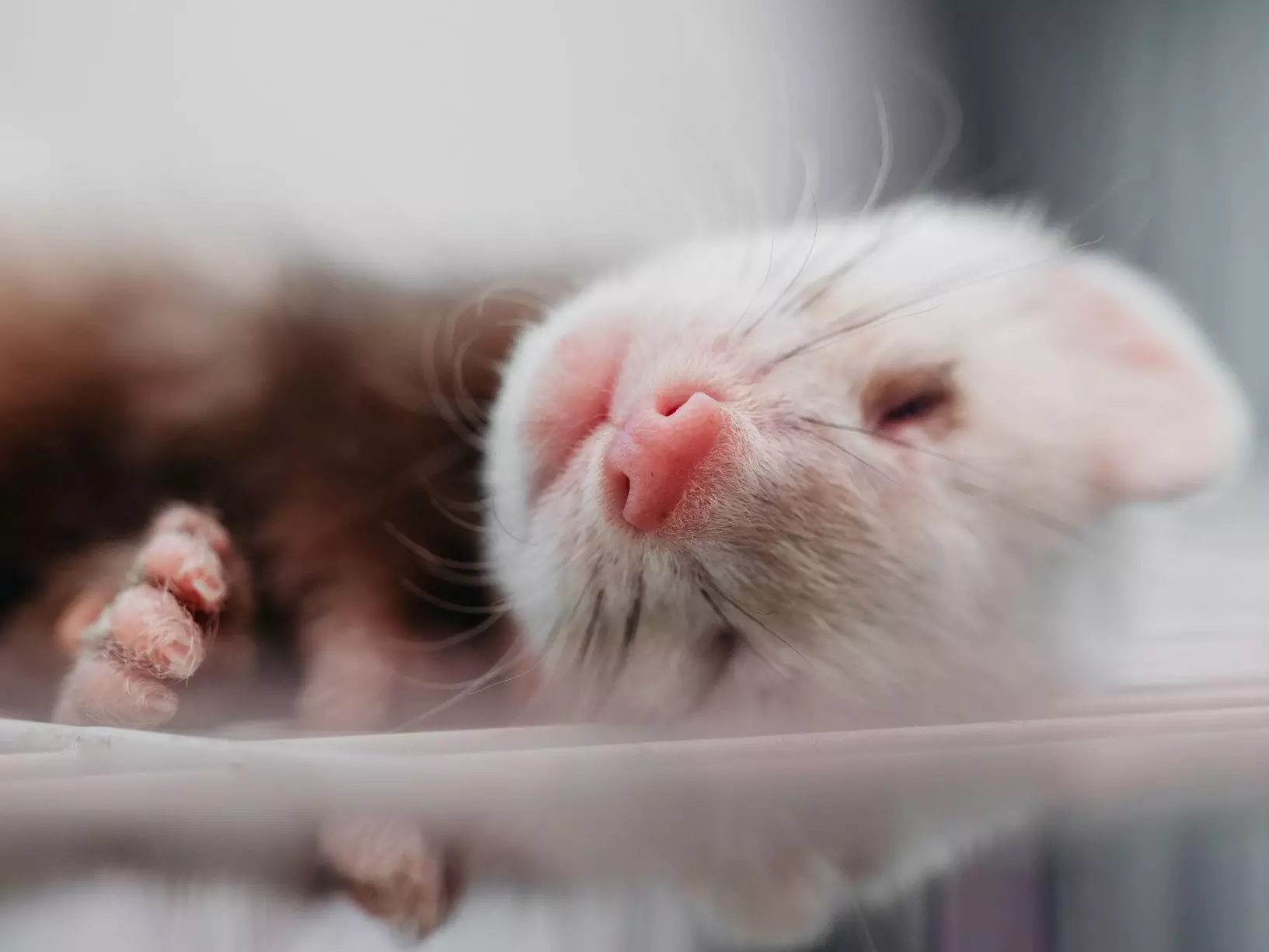Ferrets have gained popularity as unique and engaging companions, captivating pet enthusiasts with their playful antics and curious nature. However, before diving into ferret ownership, it’s crucial to examine both the perks and challenges associated with cohabiting with these delightful creatures. Understanding their specific needs and behaviors will empower prospective owners to make informed decisions about welcoming a ferret into their lives.
Ferrets are undeniably charming animals. Their endearing looks, characterized by playful eyes and soft fur, make them highly desirable as pets. Generally, ferrets can live between six to eight years, although some may reach up to 12 years under proper care. Adult females typically reach 13 to 14 inches in length, weighing between ¾ to 2 ½ pounds, while males are slightly larger, measuring 15 to 16 inches and weighing up to 3 ½ pounds when neutered.
However, owning a ferret entails more than simply enjoying their cuteness. Ferrets are lively and social animals, and they require dedicated care and attention. Unlike some smaller pets that can be left in a cage for extended periods, ferrets thrive on interaction and need ample time outside of their enclosure for exercise and play. Prospective owners must prepare to provide a stimulating environment that promotes mental and physical engagement.
Ferrets are known for their mischievous behavior and are often referred to as escape artists. Owners must be prepared for countless adventures, as these animals are skilled at squeezing into tight spots and rummaging through nooks and crannies. Creating a secure environment is essential to prevent escape and ensure their safety.
Additionally, ferrets possess an energetic and playful disposition, often engaging in hours of entertaining antics. Their playful nature can be harnessed through the use of toys, tunnels, and puzzles specifically designed for ferrets. Providing such stimuli not only keeps them entertained but also serves to satisfy their innate curiosity and playful instincts.
To keep ferrets healthy and happy, owners must adhere to specific dietary guidelines. Ferrets are obligate carnivores, meaning their diet needs to consist primarily of meat. High-quality, commercially available ferret food is recommended, along with occasional offerings of raw meat. This diet is crucial for maintaining their overall health and vitality.
Despite their playful disposition, ferrets can be prone to various health issues, including adrenal gland disease and dental problems. Regular check-ups with an exotic veterinarian are strongly advised to monitor their health and catch any potential issues early. Additionally, spaying or neutering ferrets can help mitigate certain health concerns, such as hormonal issues and unpleasant odors.
Ferrets are social animals that thrive on companionship, both with their human caretakers and other ferrets. While many owners opt to keep a single ferret, providing them with a companion can enhance their quality of life. Playing with other ferrets can unleash natural behaviors that contribute to their emotional wellbeing and reduce the likelihood of destructive behavior stemming from boredom.
Early socialization is critical for ferrets. Interacting with different people and experiencing varied environments during their formative months helps build their confidence and comfort levels. The more exposure they have to playful human interaction, the more affectionate and sociable they will become as they mature.
When considering ferrets as family pets, it is vital to evaluate all household members. While ferrets can be great companions for older, gentle children, they may not be the best choice for families with young kids or children who do not understand how to interact respectfully with animals. Ferrets can be easily startled and may bite if provoked, so teaching children how to approach and interact with these pets safely is essential.
Moreover, potential owners should be aware that ferrets require a significant amount of time and commitment. They cannot be left alone for long periods and need regular supervision during playtimes outside their cages. The demands of caring for a ferret may be overwhelming for busy families without the capacity for consistent interaction.
While ferrets offer a unique blend of charm, playfulness, and companionship, they also come with substantial responsibilities. Their social nature, dietary needs, and health considerations necessitate a dedicated owner willing to invest time and effort into their care. By understanding the various aspects of ferret ownership, prospective pet owners can determine if these delightful creatures align with their lifestyle and can make lifelong, happy companions. Ultimately, a well-cared-for ferret can enrich your life with joy and laughter, creating lasting memories for both owner and pet.


Leave a Reply